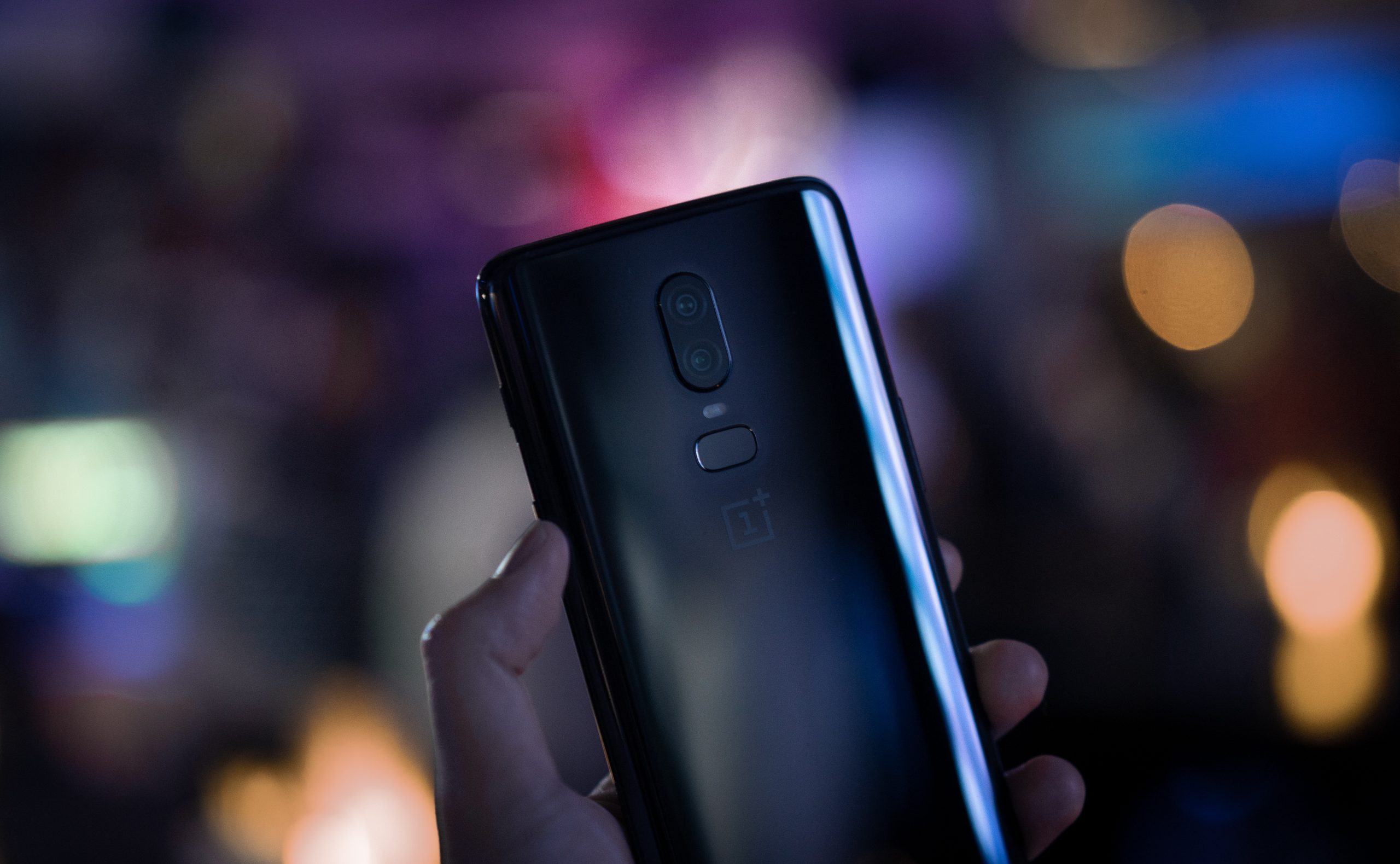
On 24 December 2019 the The Hague Court of Appeal handed down its latest judgments in the SEP injunctive relief proceedings initiated by Philips against Wiko and Asustek respectively. This is the closing chapter in a series of proceedings whereby Philips sought to enforce three SEPs, two of which were held valid and infringed and one was held invalid. In the latest judgments, the Court of Appeal rules on the FRAND defences asserted by Wiko and Asustek respectively, dismisses these defences and injuncts both Wiko and Asustek with respect to EP 525. The decisions regarding EP 1 623 511 (“EP 511”) of 7 May 2019 (Philips v Asustek, see Update here) and 2 July 2019 (Philips v Wiko, see Update here) respectively, are currently under appeal at the Supreme Court.On 24 December 2019, the The Hague Court of Appeal rendered its decisions in the remaining four proceedings regarding EP 1 440 525 (“EP 525”) and EP 1 685 659 (“EP 659”) against Asustek and Wiko respectively.
EP 659 was held invalid in both the Philips/Asustek and the Philips/Wiko proceedings.EP 525, on the other hand, like EP 511, was held valid and infringed by the Court of Appeal in both proceedings. Consequently, the Court of Appeal addressed both Asustek’s and Wiko’s FRAND defences.
The FRAND defences of Asustek and Wiko regarding EP 511 were fully incorporated into the respective proceedings regarding EP 525. Due to the fact that all SEPs were simultaneously enforced by Philips,the circumstances relevant to enforcement, and thus relevant to any FRAND judgment, were exactly the same. In addition to the FRAND defences brought in the EP 511 proceedings, the Court of Appeal allowed the parties to further substantiate their FRAND arguments in light of the earlier decisions.
Given that the FRAND negotiations between the parties had not stopped at the start of the injunctive relief proceedings by Philips, the note worthy additional FRAND arguments related to the behaviour of the parties after the commencement of proceedings. Regarding this behaviour, the Court of Appeal had already in the EP 511 decisions ruled that a sudden change of attitude of the SEP user from unwilling to willing during the course of commenced SEP enforcement proceedings would, at most, oblige the SEP holder to further negotiate on the base of good faith, but would not oblige the SEP holder to suspend or withdraw the proceedings, as such would incentivise delaying tactics.
In the case of Wiko, the Court of Appeal finds that Wiko had proposed a counteroffer after commencement of the proceedings. Wiko attempted to qualify Philips’ offer as not FRAND and their own counteroffer as FRAND, but both attempts fail. The Court of Appeal holds that Philips’ unwillingness to negotiate on the basis of Wiko’s counteroffer does not qualify Philips as an unwilling licensor under the circumstances at hand, i.e. Wiko’s status as an unwilling licensee due to its failure to make a counteroffer in a timely manner. As a result, the Court of Appeal considered that it would not have to address Wiko’s further argument that it had become a willing licensee after the start of the proceedings. After all, Wiko was already an unwilling licensee even before Philips made its initial offer. Moreover, Wiko had failed to prove that Philips’offer was not FRAND.
In the case of Asustek, the Court of Appeal also notes that Asustekhad proposed a counteroffer after commencement of the proceedings. Asustek stated that its counteroffer was FRAND but the Court of Appeal considered that Asustek’s statement lacked substantiation. For example, Asustek did not submit the reports on which it allegedly based the calculation ofits counteroffer. Asustek further stated that it could only be injuncted by the Courtif there was proof that Philips’ counteroffer was FRAND. The Court of Appeal did not agree, because Asustek qualified, both before and during the proceedings, as an unwilling licensee.
For further inquiries, please contact Jaap Bremer.

